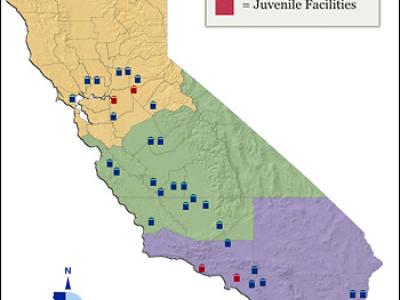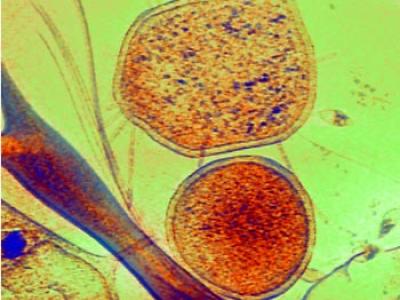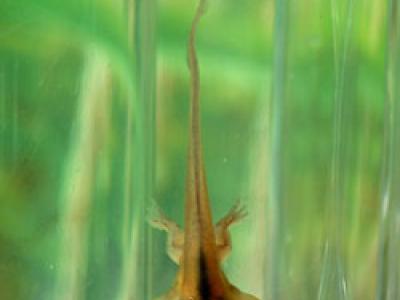On the Trail of Cellular Mysteries
UC Berkeley assistant professor of bioengineering Mohammad Mofrad has been busy uncovering the mysteries of how human cells behave when physical force is applied to them, working at the exact intersection of engineering and biology.






